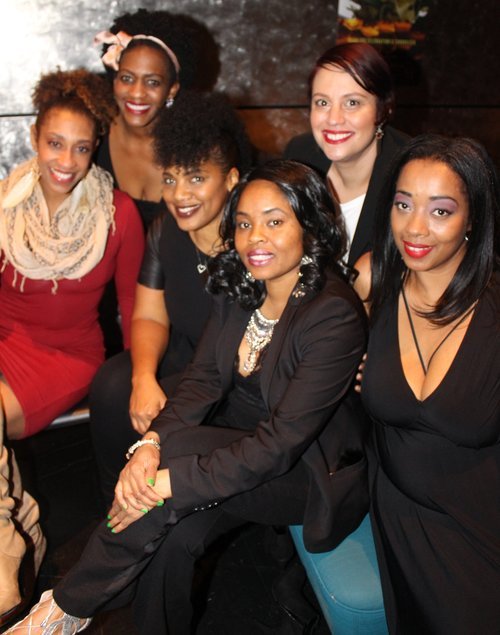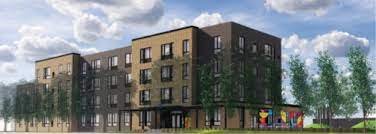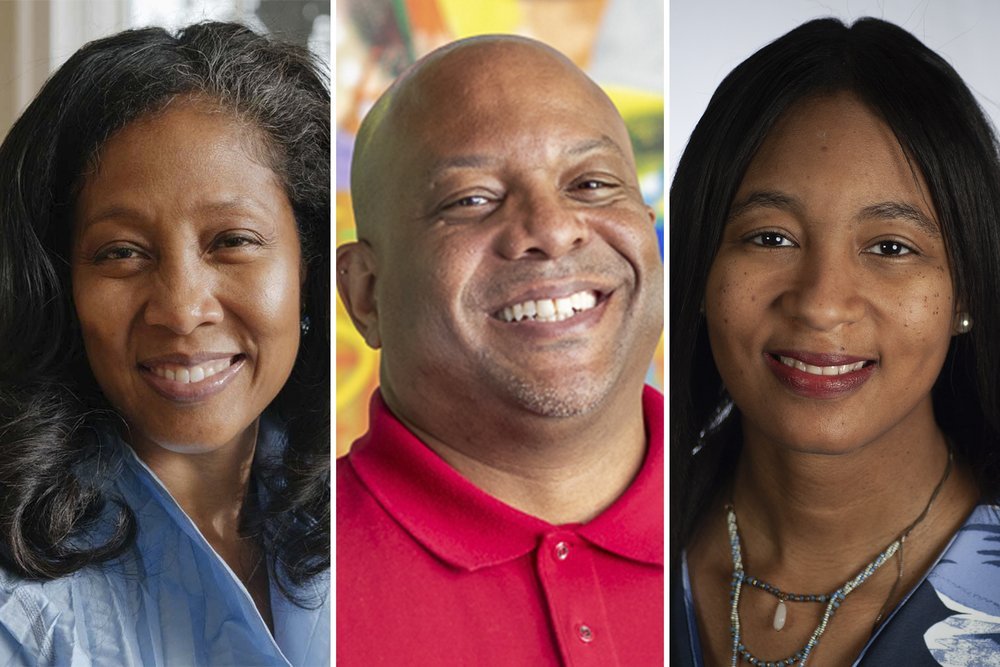Kenya McKnight-Ahad on the Black Women’s Wealth Alliance
Kenya McKnight-Ahad and collegues
CULTIVATING STRATEGIES, CREATING WEALTH & CHANGING LIVES
1200 West Broadway Ave N, Suite 250 | Minneapolis, MN 55411 | Info@bwwa-us.com
(612) 256-0110 | Mon- Fri 8:00AM-4:00PM CST
The Black Women’s Wealth Alliance has been years in the making. In 2014, Founder and CEO Kenya McKnight-Ahad began meeting weekly with 20 women from her community. Together, the women shared about their personal finances and experiences with money. It became clear that some critical tools were needed for the women to build wealth, for themselves and their community: education, networking, and financial and technical assistance, to name a few.
In 2014, the effort was incorporated as the Black Women’s Business Alliance, with McKnight-Ahad at the helm. The following year, the group changed their name and teamed up with the Center for Urban and Regional Affairs (CURA) on a statewide report on the economic status of Black women in Minnesota, the first of its kind.
Today, the Black Women’s Wealth Alliance (BWWA) provides a range of direct services, including wealth education, business support services, financial assistance, and access to a small business incubator space.
One of the goals of the BWWA is to help heal the financial trauma that Black women have experienced. McKnight Ahad explains, “We’re suffering from the false perception of white supremacy that has been imposed on us…A false perception of who we are.”
She sees her job as helping to educate Black women about this financial trauma and the impact that trauma has on Black excellence and economic progress. Through BWWA’s programming, women learn about the history of Black economics and white violence. McKnight-Ahad quotes, “The Black dollar stays in the community for an average of six hours. That’s ridiculous.”
To McKnight-Ahad, wealth is necessary for health and wellbeing. She sees it not just as access to capital, but as access to choice and freedom. “But,” she cautions, in order to obtain wealth “you have to navigate the system of white supremacy. You need to take care of yourself in the process.” That’s where the ZaRah wellness center comes in.
McKnight-Ahad points to some changes that could make it easier for women and people of color to work in development. First, she says, Black women and other non-traditional developers need financing. Not only for acquisition and redevelopment of large real estate projects, but for operational support as well. It takes time for a project to become successful and financially sustainable. To McKnight-Ahad, post-development dollars are key.
Another essential support is mentorship, McKnight-Ahad says. Mentorship programs or organizations like the BWWA can help women grow their leadership skills in fields such as development and government. Women in these industries can teach other women how to navigate and understand existing power structures. Finally, McKnight-Ahad sees a continued need for knowledge- and skill-building to help women and small businesses break into real-estate or community development.
Ultimately, McKnight-Ahad reflects, the goal is to build a community that has a place for the middle class and encompasses a whole cycle of life, across social and economic statuses. “We have to create that,” she says, “with balance, health, and wellness — and wealth.”
“The Black dollar stays in the community for an average of six hours. That’s ridiculous.”
WHO
Black Women’s Wealth Alliance
To learn more about the Black Women’s Wealth Alliance and ZaRah Wellness Center, visit https://www.bwwa-us.com/.
WHERE
WHEN
2014 Founded and incorporated
WHY
Our vision is to be a consistent and sound resource for Black Women to build Black generational wealth. We build and invest in economic structures that educate, mobilize, and equip Black Women with the necessary tools to build and retain prosperous futures for themselves, their families, and their communities







